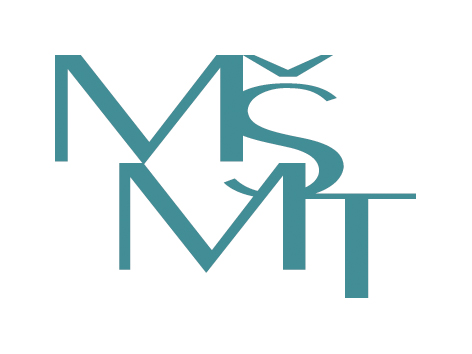Invitation to a webinar organi. High-quality data have the potential to be reused in many ways. Archiving and publishing your data properly is at the core of making your data FAIR and will enable both your future self as well as others to get the most out of your data. Recently, more and more scientific journals are implementing open data policies, leading to researchers' dilemmas about where, when and how to publish the data.
Replicability, reproducibility, questionable research practices, and related issues are becoming increasingly important in the social sciences. Consequently, the way that social science research is conducted and disseminated is gradually changing. A crucial element of that change is research transparency. This entails, among other things, making research data, analysis code, and study materials openly available. In this talk, we will present a short overview of some of the elements of research transparency, and their contribution to an open, and credible body of scientific knowledge.
In the second part, we will present in-depth the processes, policies and tools implemented for facilitating transparent research in the social sciences. The presenters will discuss the processes that need to be in place for an open research cycle, the role of data archives and repositories in sharing research data and materials, tools for reproducing research findings in practice, collaborations between archives and social science journals, and implementing Transparency and Openness Promotion Guidelines in different social science disciplines. The event will conclude with wider reflections on the progress of social science research transparency and the way forward.







